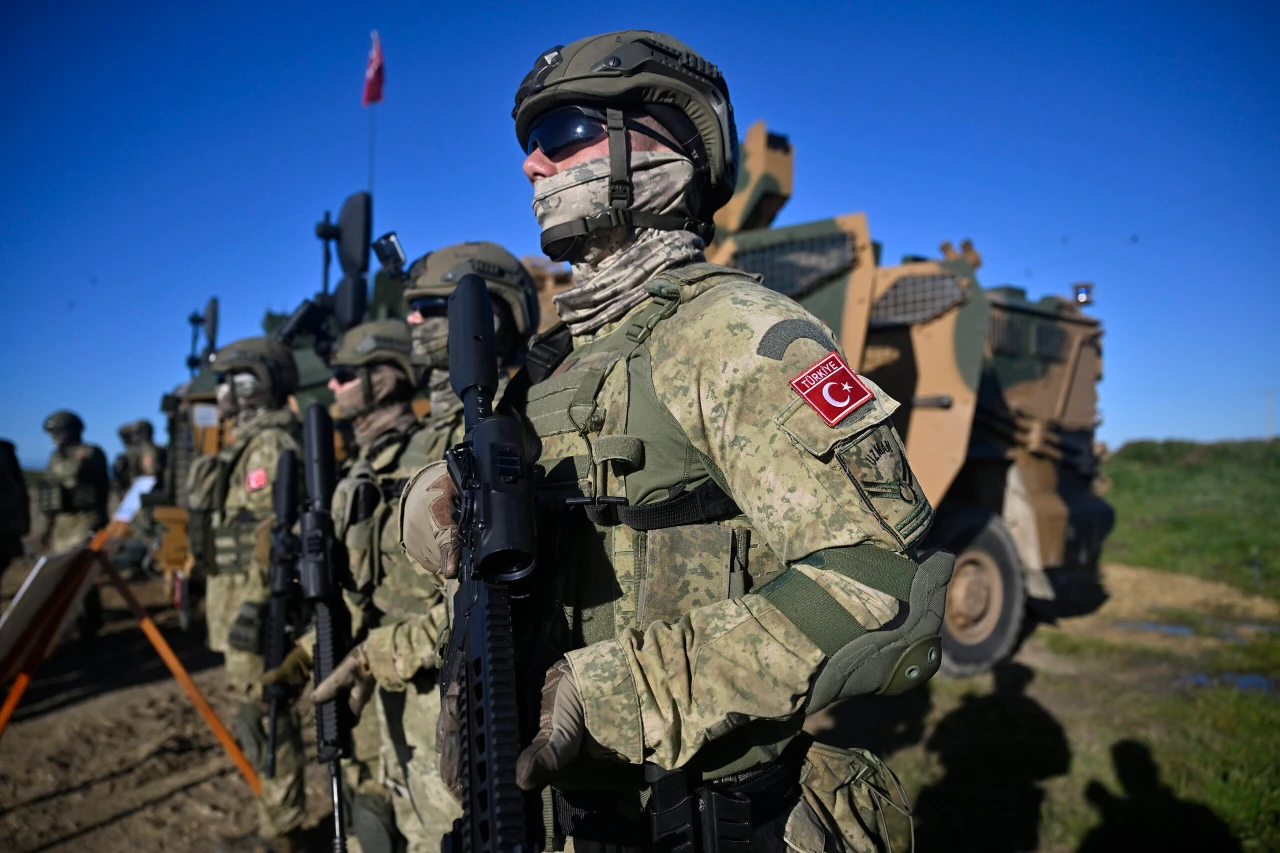Humanitarian crisis in Lebanon triggering new migration wave to Türkiye?
 315 foreign nationals, fleeing the ongoing Israeli attacks, were brought to the Silifke district of Mersin by sea. After disembarking from the ship that docked at Tasucu Port in Silifke, the group, including children, departed the district by minibus following the completion of their procedures, Türkiye, October 1, 2024 (AA Photo)
315 foreign nationals, fleeing the ongoing Israeli attacks, were brought to the Silifke district of Mersin by sea. After disembarking from the ship that docked at Tasucu Port in Silifke, the group, including children, departed the district by minibus following the completion of their procedures, Türkiye, October 1, 2024 (AA Photo)
As Israel intensifies its military operations in Lebanon, many Lebanese civilians are fleeing the country in search of safety. According to Reuters, flights to Istanbul with Middle East Airlines were fully booked by Monday. Anadolu Agency (AA) reports that 315 individuals arrived in Türkiye’s Mersin province by sea, escaping the escalating violence.
The Lebanese government has reported that Israel’s 2-week-long campaign has targeted key areas in Beirut and other parts of Lebanon, killing approximately 1,000 mostly civilians, including several Hezbollah commanders. Thousands more have been displaced from their homes.
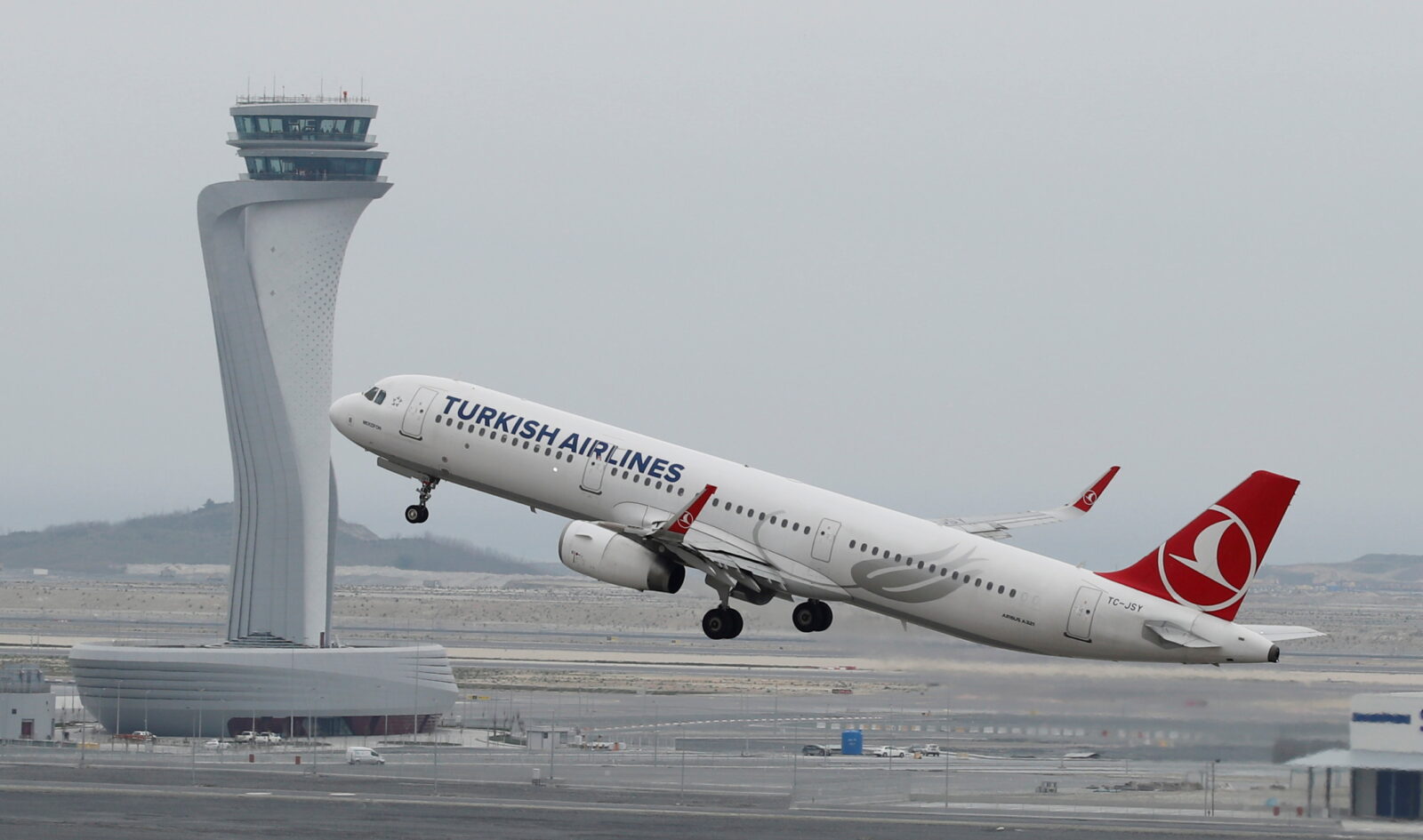
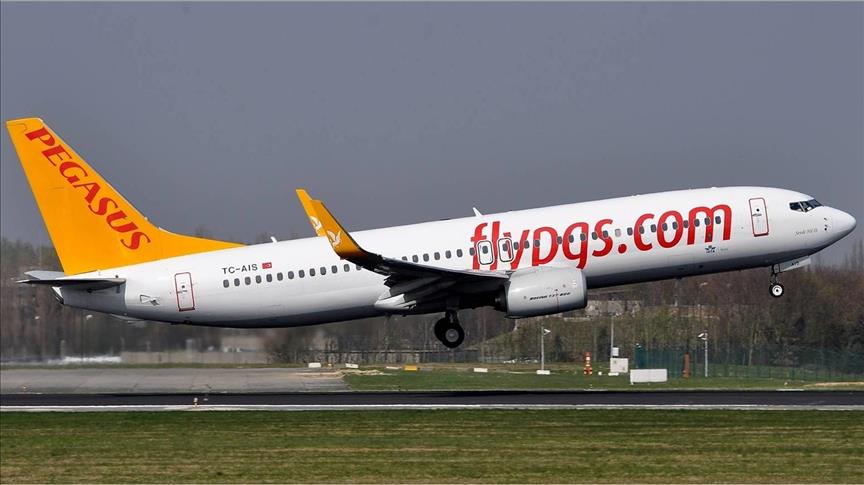
Turkish Airlines and Pegasus suspend Beirut flights
Amid the intensified airstrikes, Turkish Airlines (THY) and Pegasus Airlines have suspended flights to Beirut. Pegasus has canceled all flights until October 8, while THY has extended its suspension until October 6. Both airlines cited safety concerns, having previously limited flights to daytime hours due to the ongoing security situation.
Middle East Airlines also confirmed on its website that all flights from Beirut to Istanbul were fully booked as of Monday.
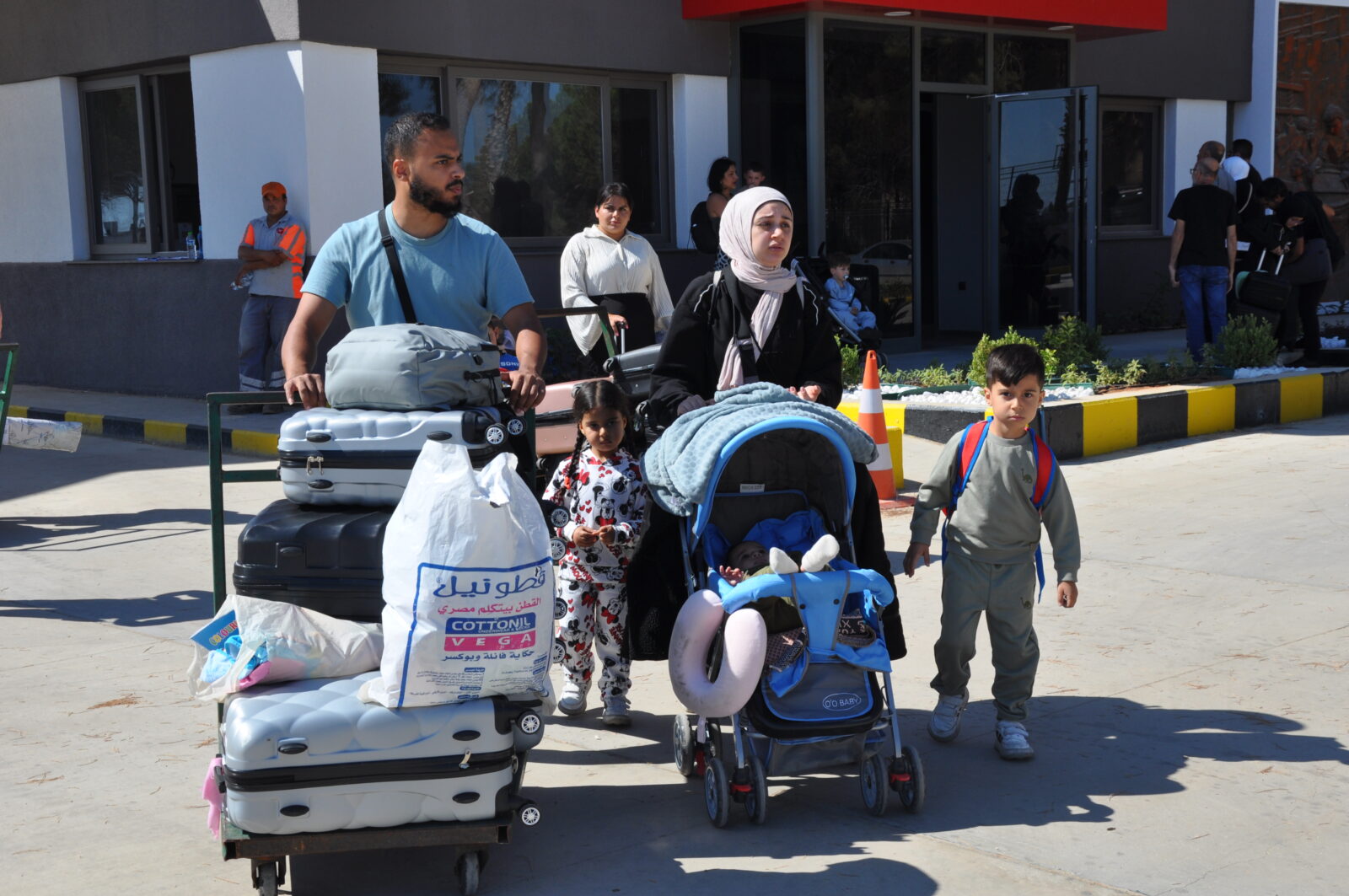
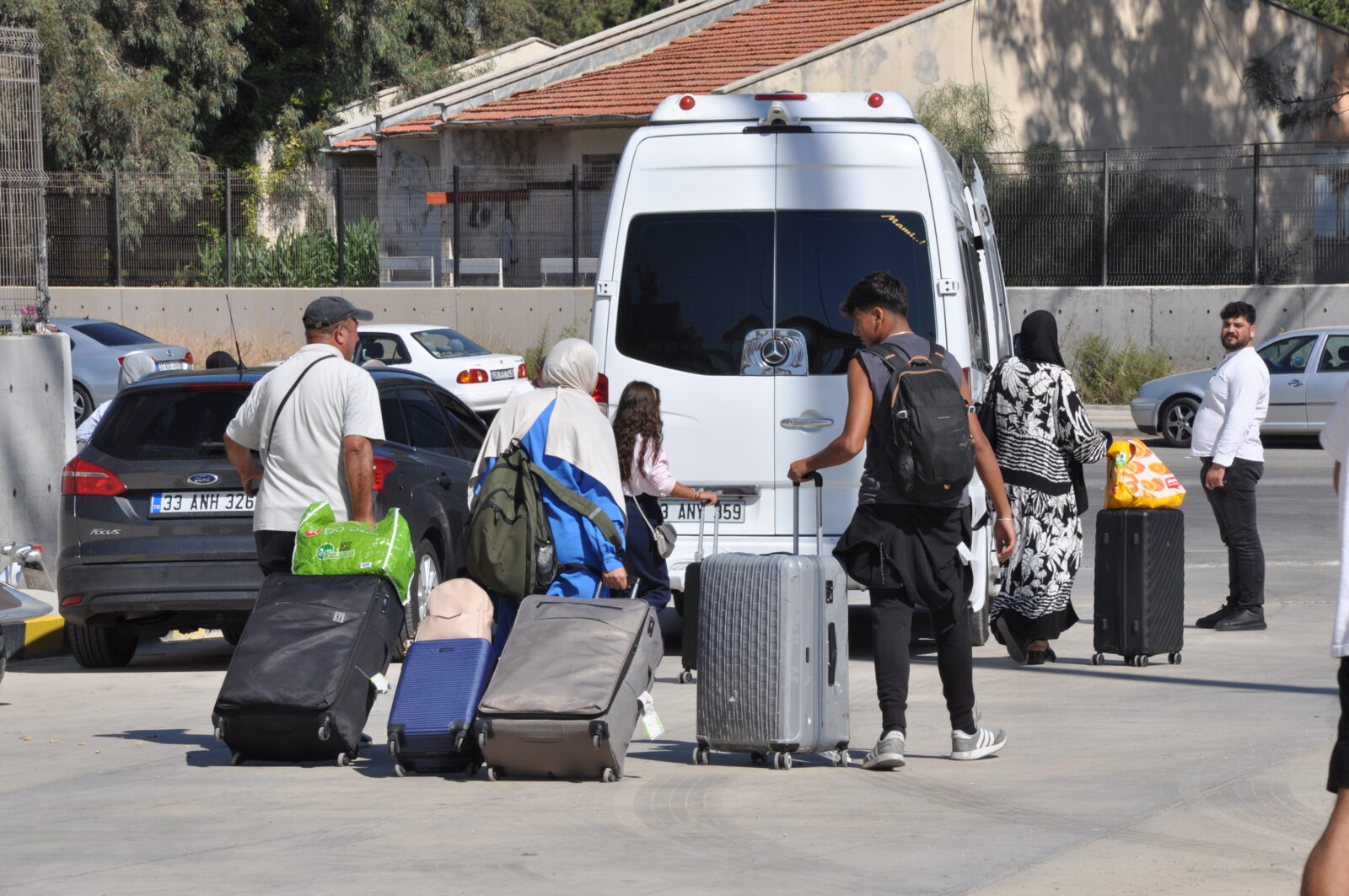
Civilians flee to Türkiye’s Mersin by sea
In the face of the chaos, 315 foreign nationals, including children, arrived by ship to Türkiye’s Silifke district in Mersin. After docking at Tasucu Port, the evacuees were transported to different destinations across Türkiye, with many planning to fly to their home countries from Turkish airports.
This exodus follows the continued suspension of flights from Lebanon, prompting many foreign nationals from European countries to leave by sea. The evacuees traveled aboard the “Med Star” ship from Tripoli Port in Lebanon and arrived safely in Mersin.
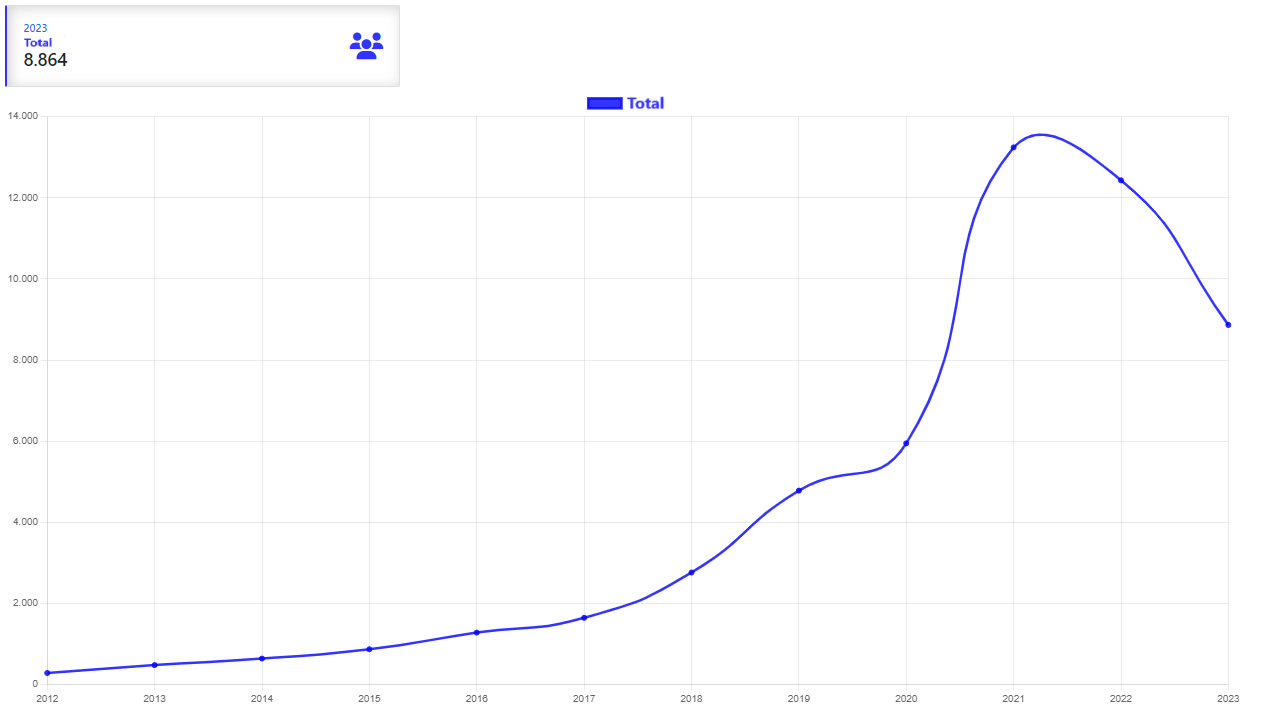
Türkiye’s Lebanese population declines
Despite concerns about the influx of Lebanese refugees, official data reveals that the number of Lebanese residents in Türkiye has actually decreased. In 2023, the population dropped from 12,430 to 8,864.
The United Nations High Commissioner for Refugees (UNHCR) has highlighted the impact of Israel’s airstrikes on civilians, which has forced many Lebanese and Syrian families to flee. Some of these families may eventually seek refuge in Türkiye.
Potential new wave of migration to Türkiye
With no clear resolution to the conflict in sight, the possibility of a new wave of migration to Türkiye is growing. Israel’s airstrikes on Lebanese refugee camps, coupled with attacks on Damascus, Syria, have raised fears of a larger exodus. The Iraqi Ministry of Migration and Displacement recently confirmed that it had accepted 144 Lebanese citizens fleeing the violence.
Social media posts indicate that many Lebanese now view Türkiye as the safest option for refuge, as concerns about safety in Damascus continue to grow. According to Al-Monitor, a leading Middle Eastern news outlet, many Lebanese fleeing the crisis see Türkiye as their top destination. If the conflict escalates further, Lebanese Turkmens are also expected to seek refuge in Türkiye.
Lebanon currently hosts over 1.5 million Syrian refugees, along with 11,000 refugees from other countries. Those unable to integrate with the Assad regime in Syria may consider seeking refuge in Türkiye.
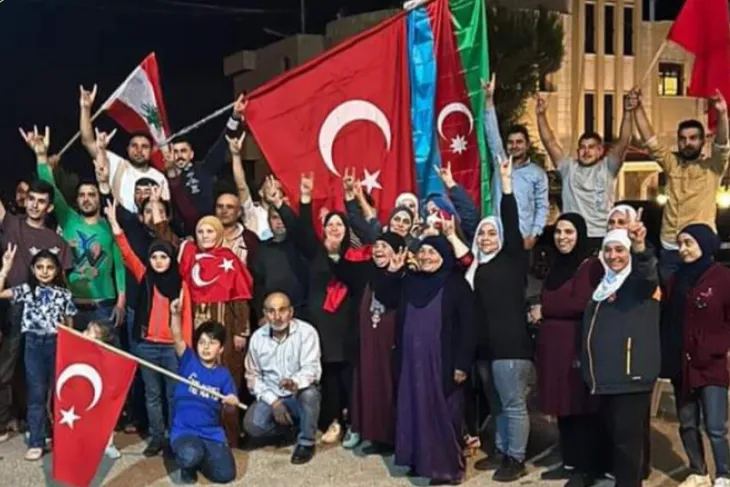
Who are Lebanese Turkmens?
The Turkish community in Lebanon, known as Lebanese Turks or Lebanese Turkmens, have deep historical roots tracing back to periods of Turkish rule, including the Tulunids, Ikhshidids, Seljuks, Mamluks, and the Ottoman Empire.
The modern Lebanese Turkish community primarily descends from Seljuk settlers in the Bekaa Valley and Ottoman Turks who arrived from Anatolia.
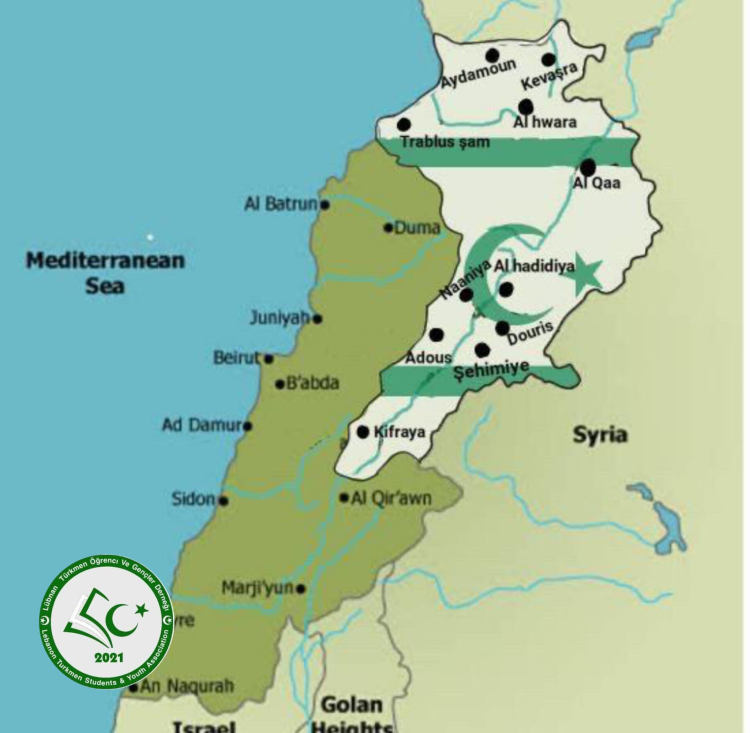
Lebanese Turkmens: A struggle to preserve identity and culture
Omer Hussien, head of the Lebanon Turkmen Student and Youth Association, explained that the exact timing of Turkish settlement in Lebanon remains unclear. However, various sources suggest that significant numbers of Turks, particularly Turkmens, settled in the region during the Seljuk era, especially in the Bekaa Valley.
The Mamluks and later the Ottomans also facilitated the migration of Turkish groups to Lebanon, with the Ottomans strategically settling Turks in the region to support military campaigns and protect vital trade routes.
Today, the Lebanese Turkish community faces significant challenges in preserving its identity. Hussien expressed concern over the declining use of the Turkish language and traditions among the community, with only two villages in Lebanon maintaining Turkish fluency. Many Turkmens have begun identifying as Arab due to Lebanon’s education system, which mandates instruction in Arabic from an early age.
The intensification of the war and the spread of conflicts make the search for safety among Lebanese civilians more urgent. Increasing airstrikes and worsening living conditions signal that a new wave of migration from Lebanon to Türkiye is on the horizon. Türkiye’s geographic proximity and its perception as a safe haven are key factors likely to shape the direction of this migration. In addition to civilians fleeing Lebanon, Lebanese Turkmens are also expected to choose Türkiye as their first refuge due to historical and cultural ties.
Similarly, Turkmens in Syria may also be inclined to head toward Türkiye as the conflict continues to affect the region. This potential wave of migration could have significant humanitarian implications and further highlight Türkiye’s strategic role in the region.


